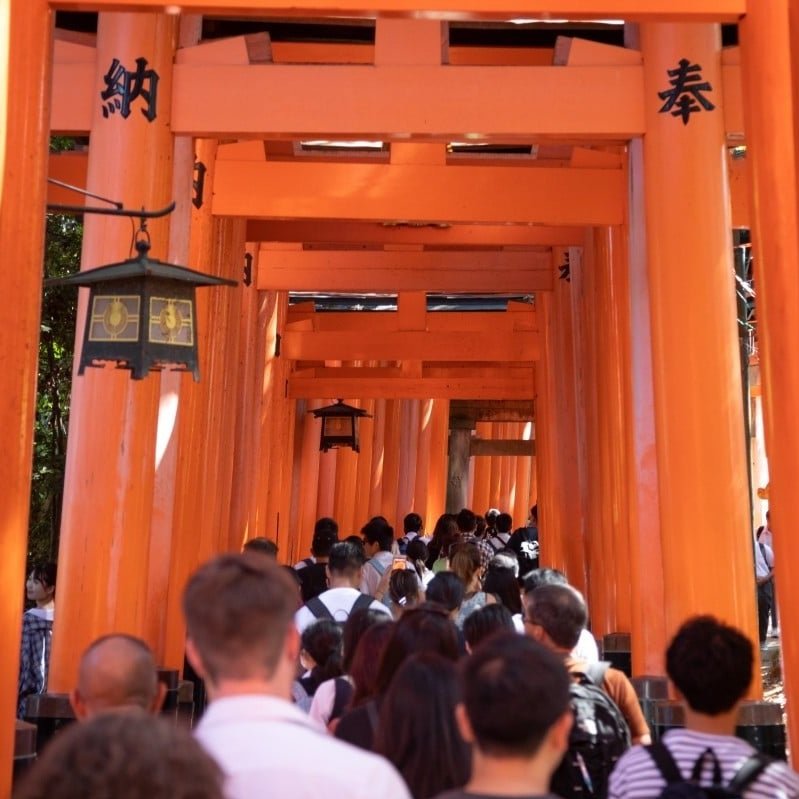
A Closer Look: A Travel Boom or Overtourism in Japan?
Japan's recent surge in tourism has captured global attention, with travelers ranging from celebrities like Oprah and Beyoncé to my Millennial and Gen-Z Asian colleagues flocking to its shores.
Yet, alongside the economic benefits, this influx has brought about challenges that demand careful consideration.
A report from NHK shows that skyrocketing land prices in major cities such as Tokyo, Kyoto, and Osaka reflect the growing demand for luxury accommodations.

Advanced Design Strategies for Climate-Conscious Hotels
Sustainable design is changing the game for what hotels can be, and it's so much more than just switching to energy-saving bulbs or eliminating single-use plastics. It's about a whole new way of thinking—how hotels and their environment can work together in harmony, from choosing local materials that are tough and resilient yet kind to the planet to smarter ways of handling waste, water, and energy, all the way to how they collaborate with local communities. It's a fresh take on hospitality that's all about respecting Mother Earth.
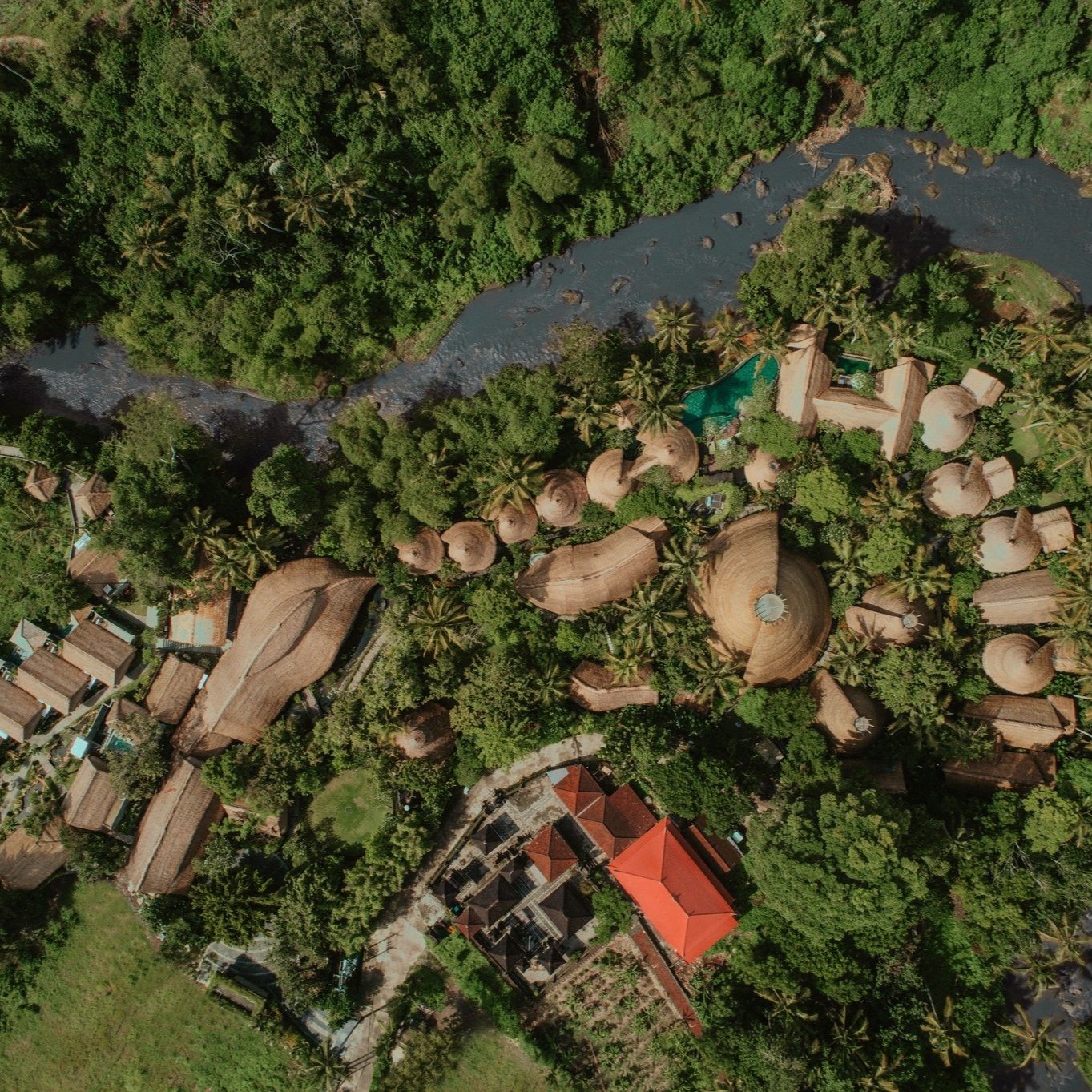
Four Takeaways From Bali’s Sustainability-Led Hotels Visit
Bali’s natural beauty and unique cultural assets, together with a creative and entrepreneurial tourism community that is open to experimentation and collaboration, have created a multitude of exciting products that cater to different traveler preferences.
This magical formula has made Bali one of Asia’s most popular tourist destinations.
At the same time, Bali has always been Asia’s breeding ground for novel tourism practices.
Sustainable tourism practices tested in Bali have the potential to attract attention and be implemented in other destinations across Asia and beyond.
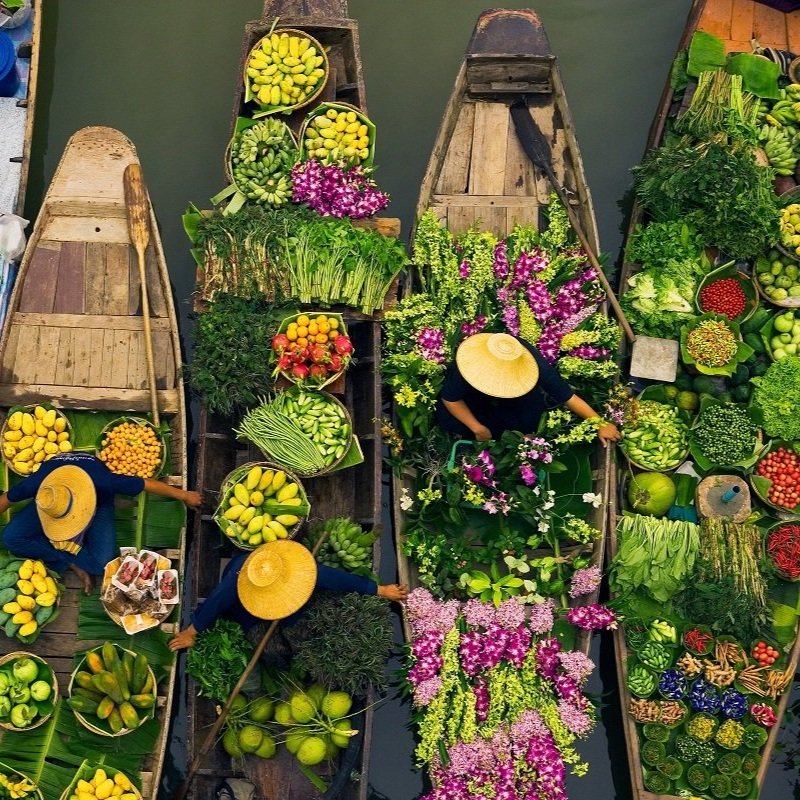
What Hospitality Businesses Must Know To Support Sustainable Food Systems, in 3 Charts.
Hospitality businesses have a superpower: they can choose where they get their food from, and what kind of food and experience they serve to people.
The Travel & Tourism sector generated 7 trillion USD, representing 7.6% of the global GDP, according to the recent figures published by the World Travel and Tourism Council (WTTC).
In 2019, the tourism sector was responsible for 1 out of every 4 newly created jobs, as reported by the International Labor Organization.
Asia accounts for half of the global food market, and the growing appetite for beef in many of its emerging middle-income countries has resulted in deforestation of the Amazon.
When a hotel or restaurant decides to prioritize locally sourced, sustainably produced ingredients, it sends a message to suppliers and farmers that there is demand for such products.
At the same time, it plays a key role in informing consumers of conscious consumption.

Sustainable Travel in Urban vs. Rural Areas: A Comparative Analysis
As the world continues to urbanize rapidly, it is crucial to examine the impact of travel and tourism on both urban and rural environments. Sustainable travel is gaining momentum, and understanding the differences in priorities between urban and rural communities can help the industry develop tailored strategies.
This article will explore sustainable travel in these two different environments and provide a comparative analysis of their respective challenges and opportunities.

Is K-Wave Driving Overtourism or Molding a New Generation of Climate Activists?
The Korean Wave (K-Wave), or Hallyu, encompasses various aspects of Korean culture such as drama, pop music, beauty trends, and gastronomy. While it may seem unrelated to sustainability, it offers valuable insights into smart collaboration and diversification to build engaging audiences and promote sustainable choices in consumption and travel.
However, the K-wave is not without its controversies. The Korean entertainment industry has been criticized for its intense work schedule, which has taken a toll on the physical and mental health of celebrities. Many argue that it has also contributed to overconsumption and overtourism.
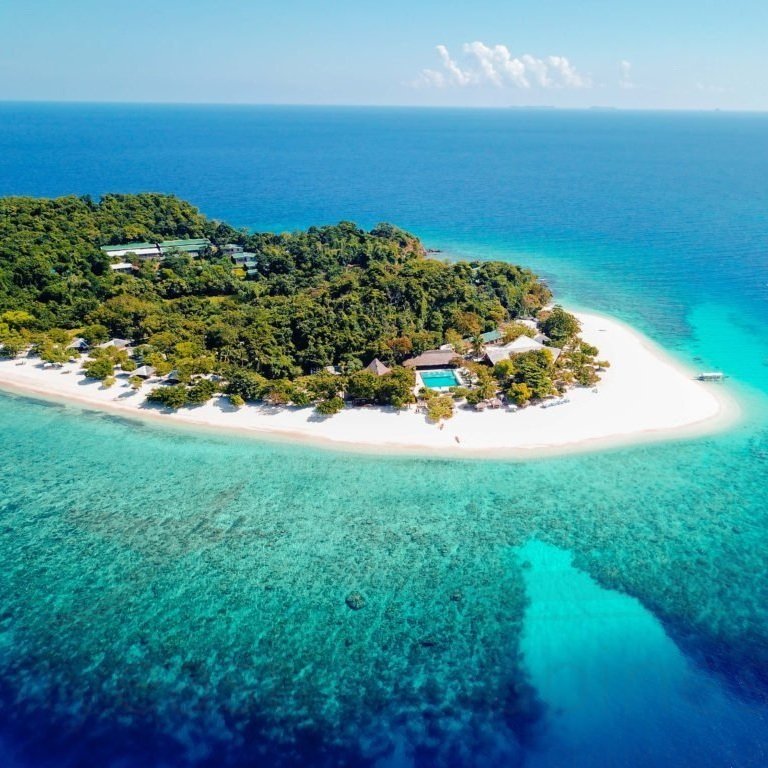
Paradise Reimagined: Club Paradise Palawan's Sustainable Journey
In the heart of the breathtakingly beautiful Coron, Palawan, Philippines, where turquoise waters meet lush green landscapes, exists a small island that has been on a remarkable journey to sustainability — Club Paradise Palawan.
Over the years, the resort has not only achieved a harmonious balance between providing a luxurious guest experience and ecological stewardship but has also established itself as a pioneering model of sustainable tourism and gained recognition as one of the world's top sustainable destinations.

Five Key Insights from the World’s Leading Responsible Tourism Experts
Every year, The Long Run, the premier global membership community of conservation-led tourism businesses, assembles to celebrate its mission to safeguard ecosystems for the well-being of all.
The 13th Members’ Annual Meeting, hosted by Nikoi Island and Cempedak Island in Bintan, Indonesia, was a testament to the commitment of over 50 members and guests to create resilience through diversification, collaboration, and long-term planning.

How Weeva Is Reshaping Sustainable Tourism
While responsible for approximately 11% of global greenhouse gas emissions, the tourism sector also provides employment for around 10% of the world's population. This vast community has the potential to make a significant impact. Accurate and holistic data collection plays a crucial role in this endeavor.
Enter Weeva, a Software-as-a-Service (SaaS) platform designed to empower tourism businesses to monitor its impact and drive change.

Unlocking Success in Sustainable Travel in Asia: The 4C Framework
Asian travelers, increasingly impacted by the stark realities of the climate crisis, are becoming more mindful of the environmental and social footprint of their travel choices.
This calls for a swift transition towards sustainable tourism practices among Asian governments, businesses, and travelers alike.
We will explore the 4C strategic framework, supported by real-world case studies and industry best practices, that can help your brand resonate with these increasingly significant market segments.

5 Essential Campaign Building Lessons for Sustainability Marketers from Barbiemania
Ever felt like you've been living under a rock for missing out on Barbie's cinematic takeover this summer?
Well, if you're a marketer, you know this phenomenon holds more wisdom than meets the eye.
As marketers ourselves, we were captivated by the media and digital media storm around the Barbie movie release. In a summer riddled with climate disasters, Barbie still stole the show.
It's a masterclass in attention-grabbing.
Barbie's marketing team is the real winner here for painting the world pink, making her the talk of towns from Colombo to Columbus.
We are here to deep dive into the marketing and movement-building lessons that we as sustainability marketers and climate advocates can learn from Barbiemania.

AI and Big Data Are Reshaping the Travel Industry, but Not Everyone Is Benefiting
AI offers the travel industry a multitude of possibilities. It elevates the customer experience by automating services like chatbots. But it doesn't stop there. It goes above and beyond by offering personalized recommendations for accommodations and activities, drawing insights from customers' past purchases, reviews, and behavior patterns.
Big Data also plays a crucial role in sustainable travel, enabling the industry to analyze environmental impact, local economies, and social factors. It can provide insights into consumer behavior, trends, and preferences that are highly useful for the efficient management of tourism resources.
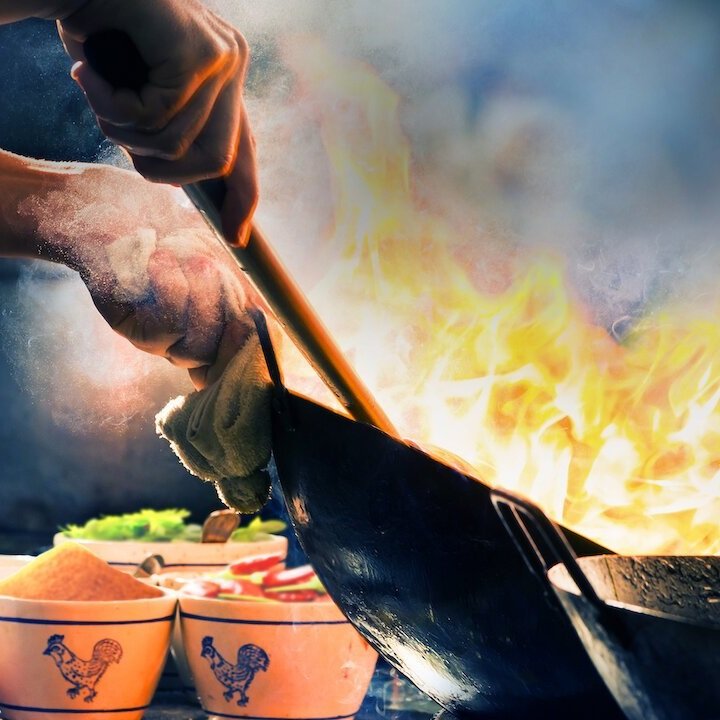
Can Asia’s Sustainable Gastronomy Movement Keep Its Fire Going?
Indulging in sustainable gastronomy has emerged as more than a mere coincidence in Asia. With an ever-growing interest in conscious consumerism, people are awakening to the significance of supporting local businesses, fostering communities, and safeguarding the environment. At the forefront of this gastronomic transformation in Asia lies the farm-to-table movement, creating a direct and meaningful connection between producers and consumers and bringing people closer to their food. By forging a direct link between these two essential entities, the food industry could achieve enhanced traceability and transparency to procure ethically sourced, high-quality ingredients.

Struggling with Telling Your Brand’s Sustainability Story? Steal These Ten Tips
A sustainability management platform can help monitor and measure sustainable practices and make a real difference to your hospitality business.
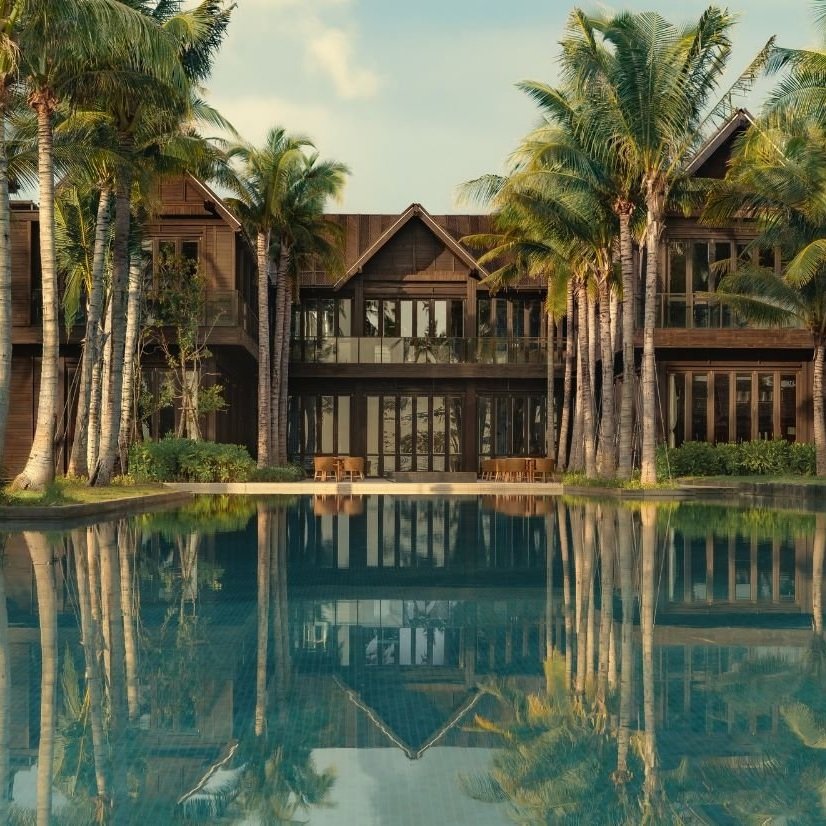
Can a Sustainability Management Platform Transform Your Hotel?
A sustainability management platform can help monitor and measure sustainable practices and make a real difference to your hospitality business.

Caution Against or Cheer For the Return of Outbound Chinese Travelers?
A palpable opportunity for responsible tourism with the Chinese travelers waiting to be unlocked.

